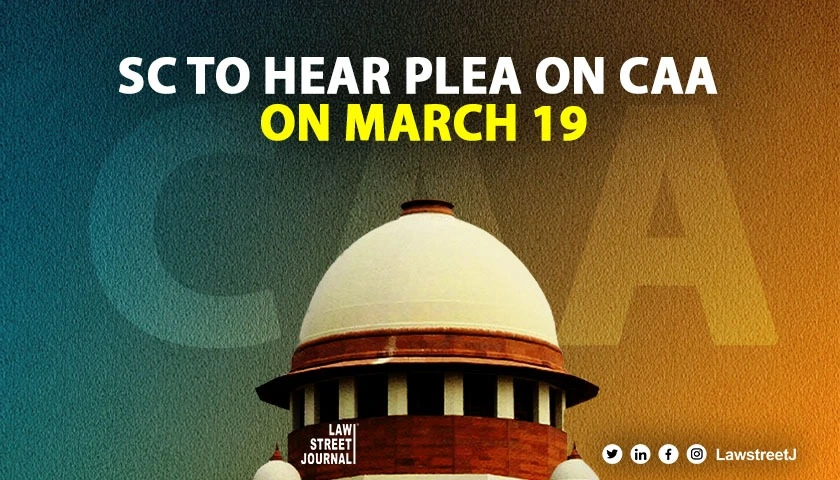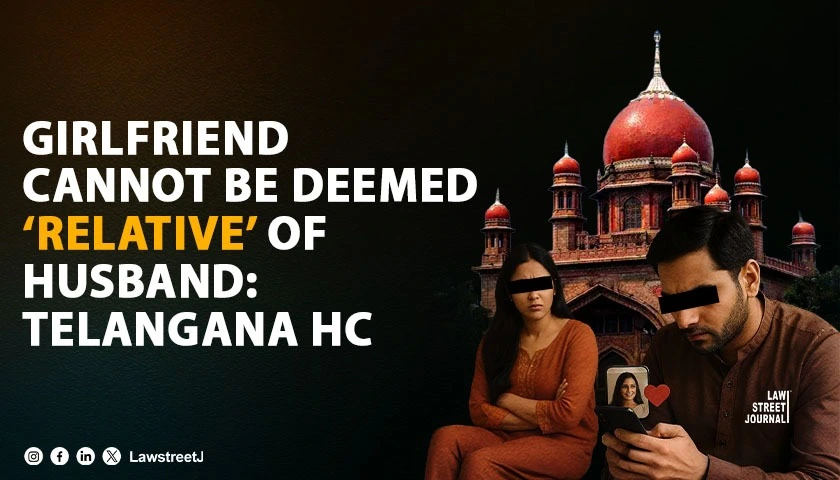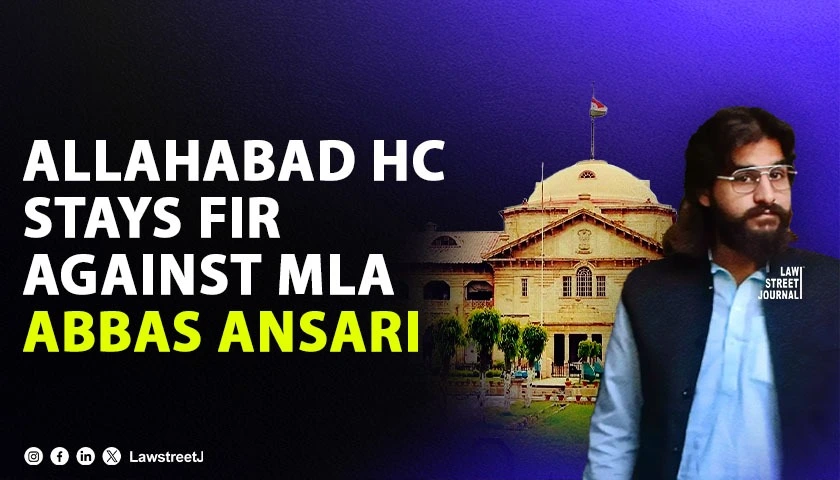NEW DELHI: The Supreme Court on Friday agreed to examine on March 19 applications filed for staying the implementation of Citizenship Amendment Rules, 2024 notified on March 11, 2024.
A bench of Chief Justice of India D Y Chandrachud and Justices J B Pardiwala and Manoj Misra fixed the date of hearing on Tuesday as senior advocate Kapil Sibal mentioned the matter for urgent listing.
Also Read - Modi govt officially notifies Citizenship Amendment Act rules ahead of Lok Sabha Polls
Appearing for applicant Kerala's Indian Union Muslim League, Sibal said the apex court had during the hearing on validity of the Citizenship Amendment Act, 2019, did not stay the law on the ground that rules were yet not notified.
"However, just before elections, after four years of the passage of the Act, the government has notified the rules. In the circumstances, if the citizenship is granted, it would be impossible to reverse the process," he said.
Solicitor General Tushar Mehta for the Centre submitted he has no objection to the listing of the matter but the petitioners don't have locus to question the citizenship.
Kerala's Indian Union Muslim League and others filed a plea in the Supreme Court seeking a direction to stay the implementation of Citizenship Amendment Rules, 2024. The applicants claimed the CAA Rules violated Article 14 of the Constitution, besides being unconstitutional, discriminatory, manifestly arbitrary, unreasonable and irrational.
Also Read - IUML files plea in Supreme Court against CAA implementation
They asked the court stay the continued operation of CAA, 2019 and rules which would result into valuable rights being created and citizenship being granted to persons belonging to certain religions only, thereby resulting into fait accompli situation.
The CAA proposed to give citizenship to those persons who are illegal migrants belonging to Hindu, Sikh, Buddhist, Jain, Parsi or Christian community from Afghanistan, Bangladesh or Pakistan and, who have already entered into India on or before December 31, 2014. Over 250 petitions were filed before the court challenging validity of the CAA, 2019.
The applicants said since the CAA discriminates on the basis of religion, it strikes at the root of the concept of secularism, which is the basic structure of Constitution.
Also Read - CAA or Sixth Schedule of the Constitution in Meghalaya?

















